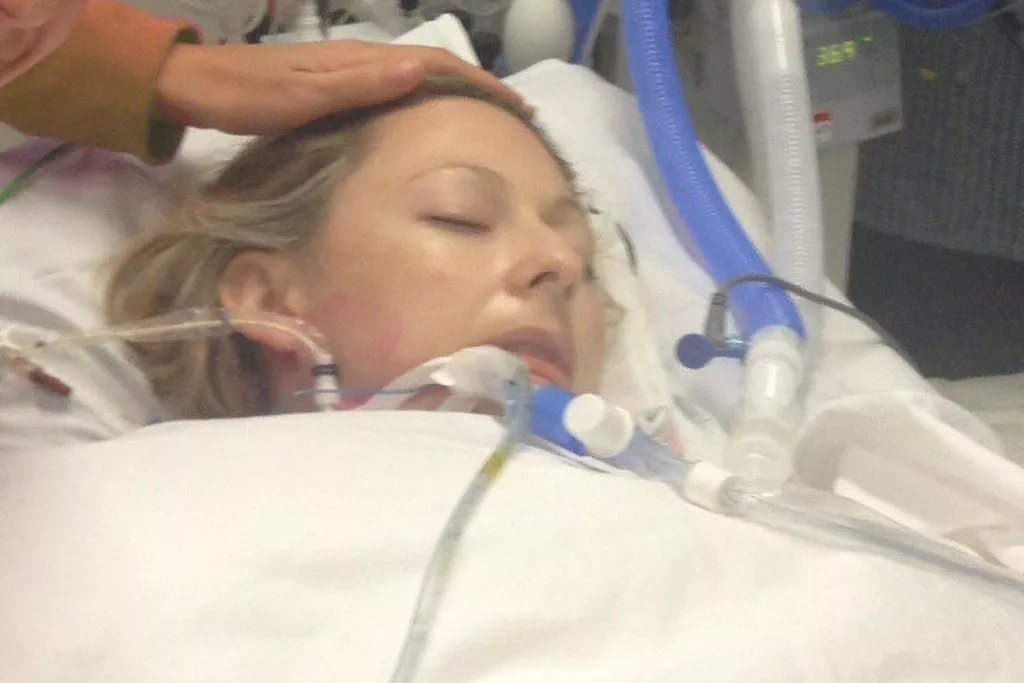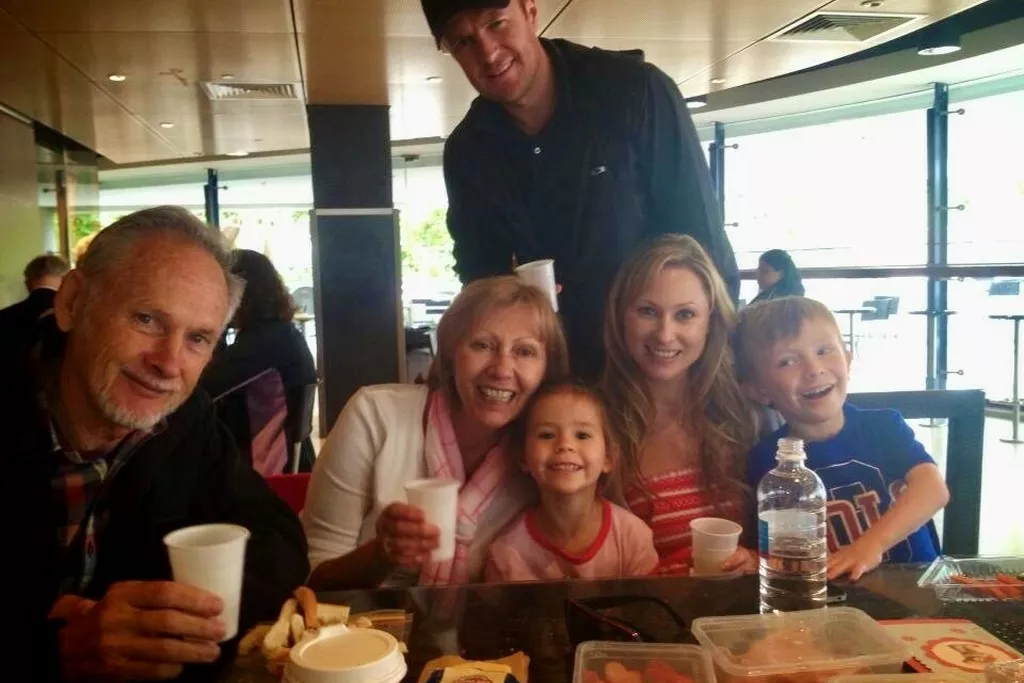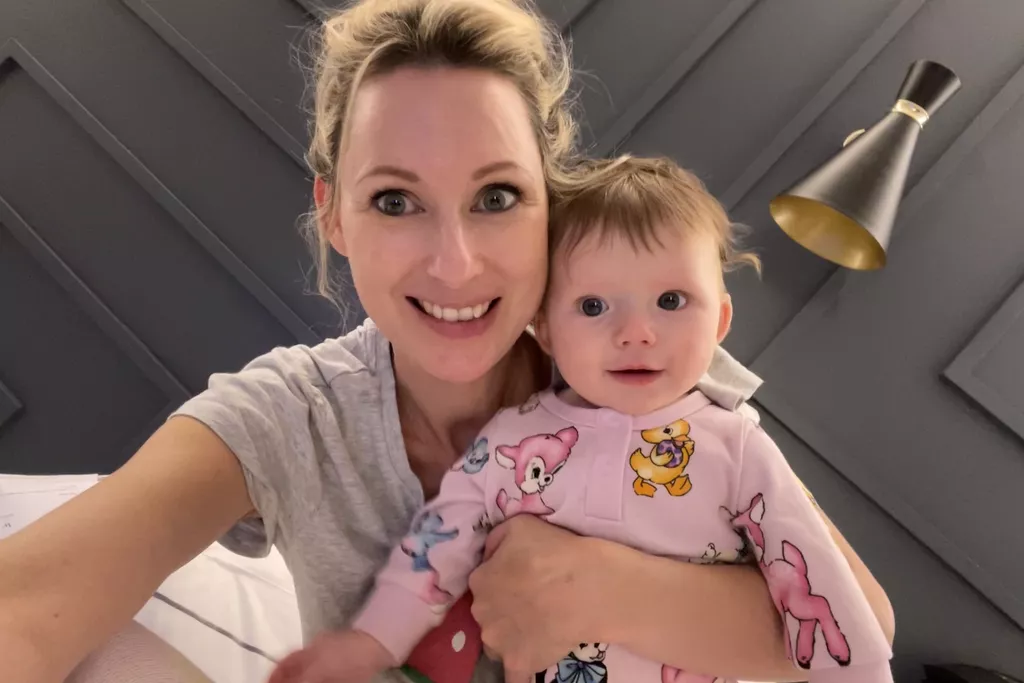Until she was 18, Natalie had no idea she had a potentially lethal heart defect.
“I went to the doctor for something minor, and the GP happened to notice I had a heart murmur,” Natalie says. “He referred me to a cardiologist, and they found a hole in my heart about the size of a 50-cent piece. Within weeks I was having open heart surgery.”
Looking back, Natalie recalls having symptoms throughout her childhood. She was diagnosed with asthma when she was four, so any shortness of breath was attributed to that.
“When they first gave me the diagnosis, I thought I must have heard wrong. It was impossible that I could have that kind of problem when I was only 18. But by the time they found my heart defect, it had already begun to enlarge my heart.”

“I went back to see my cardiologist and he said it was probably just scar tissue from my surgery, and that the shortness of breath was probably because I was unfit, and I should do more exercise.
“I really tried to push myself, but over the next 10 years, I continued to get more and more breathless. Doctors kept telling me, ‘You’re unfit, do more exercise’.”
As it turned out, the advice Natalie was getting could have been deadly. There is still a lot of research needed into the impact of congenital heart disease such as that experienced by Natalie.
“In 2010 I went for my yearly cardiologist appointment and saw a new doctor. It was pure luck that he had studied under Dr David Celermajer, a specialist in this field, so he recognised my symptoms.
“He referred me to Dr Celermajer, who discovered I had several pulmonary embolisms that had calcified in my lungs and caused really big blockages.
“They were severely affecting my breathing and putting extra stress on my heart.”
To Natalie’s shock, Dr Celermajer told her that even the smallest amount of exercise – even running for a train – could be life-threatening for her.
Natalie had to start taking blood-thinning medication immediately to manage her condition – and stop any activity that could put stress on her lungs or heart. But the hardest part was learning she might never be able to have a baby.

Thankfully, a treatment has been developed for Natalie’s deadly condition, and HRI is conducting further research into congenital heart disease. Three years after her terrifying diagnosis, she was able to have a complex surgery to remove the clots from her lungs.
After the surgery, for the first time in years, Natalie could breathe again.
“It was amazing. I could get back to things I’d given up being able to do. Dr Celermajer gave me guidelines to stick to, to make sure I don’t exercise beyond my limits or push my heart rate too high. It’s been life-changing.”
Even more life-changing for Natalie has been having her dream of becoming a mother come true. In the middle of the pandemic, she gave birth to a beautiful baby girl who has given her a new focus in life.

"Now, as a mother, it’s even more important to me. I want to make sure the next generation – my child, my sister’s and my friends’ children – never have to face the sort of challenges I’ve had all my life.”
How is HRI helping?
HRI’s Clinical Research Group is conducting research into congenital heart disease, with a focus on young adults living with congenital heart disease. The Group runs one of the largest Adult Congenital Heart Disease Clinics in Australia, at the Royal Prince Alfred Hospital, Sydney. Research conducted by the group includes projects designed to improve quality of life and exercise capacity for people living with congenital heart disease; improve health outcomes in congenital heart disease for young adults, their families and the health system; and establish a unique National Congenital Heart Disease Registry and develop it into a world-class resource with profound translational impact.
